Following the announcement of a federal hiring freeze, some Georgetown University students have lost job and internship opportunities and are now switching their intended career paths.
Since taking office, President Donald Trump has worked to reduce the size of the federal workforce, including through issuing an executive order Jan. 20 barring federal departments and agencies from hiring new employees. His administration has also eliminated agencies such as the U.S. Agency for International Development (USAID), which administers development assistance, and has fired or offered paid resignations to federal workers across a variety of agencies.
Alexia Espinoza Vlad (SFS ’27), who had a spring internship offer at USAID rescinded before she began working, said she was shocked and frustrated that her internship was cancelled.
“I felt exponentially more upset because not only was this opportunity taken from me and a bunch of other people I know who went through the same thing, but also the agency itself — they’re trying to downsize it,” Espinoza Vlad told The Hoya. “I think it was more heartbreaking to think about the administration as a whole being shut down so suddenly and without any, in my opinion, legitimate cause or reasoning.”

Espinoza Vlad said the broader changes across the federal government are creating an imbalance within the School of Foreign Service (SFS), where students with interests in defense and security studies will have more stable career opportunities under the current administration than those with other interests.
“If you’re interested in international development, if you’re interested in DEI or anything like that, the messaging that you’re getting from the current administration is that these things that you care about don’t matter and there is no opportunity for you here,” Espinoza Vlad said.
Emily Eppel (CAS ’26), who applied to a now-cancelled internship at a federal agency, said she did not expect the executive order to affect her and has now pivoted to pursuing internships with state and local governments.
“My worry now is that everything else is going to become so much more competitive because there’s such a huge sect of internship opportunities that are no longer available for who knows how long,” Eppel told The Hoya.
For some graduating seniors pursuing full-time jobs, the federal hiring freeze has led to anxiety as they search for new opportunities.
One student interning at the U.S. Environmental Protection Agency (EPA), who requested anonymity to protect her employment, said she had a full-time job offer with the agency rescinded after the hiring freeze. The student said she was placed on probation for her internship but expects to be formally fired by the EPA as soon as March.
“I still believe in the mission and hope to eventually go back to working there, but it’s hard to know,” the student told The Hoya.
Kayla Jones (CAS ’25), who interned with the U.S. Department of Justice in the U.S. Attorney’s Office for the District of Columbia last summer, said the rapid rate of change in the job market is a source of stress for seniors who have been working toward careers in the federal government.
“I’m definitely seeing sort of the panic — ‘What am I going to do in four months, because my plan, that job, doesn’t exist anymore?’” Jones told The Hoya.
Jones added that she is also concerned the federal government will become less effective without new hires in agency jobs.
“To not have younger people, not have fresh grads in the workforce, what’s that going to do content wise, intellectually for what’s happening in the government?” Jones said.
Noah Vinogradov (SFS ’25) planned to join the American Climate Corps, a Biden administration program dedicated to training new graduates for careers in the climate sector, which Trump eliminated via executive order, after graduating. Vinogradov said he is anxious to find employment after the Climate Corps’ elimination.
“Those of us who don’t have grad school or consulting gigs lined up are definitely going to have to look far and wide for jobs,” Vinogradov wrote to The Hoya. “There are obviously plenty of great jobs out there in the nonprofit and nongovernmental organization world, as well as private companies which traditionally aid government work, but lots of graduating seniors have had to find secondary options because their fellowships or internships have been put on hold or cancelled altogether.”
Vinogradov said the hiring freeze and broader shifts in the federal government are leading him to consider other professional pathways.
“It certainly is discouraging and is leading me to think about public service opportunities elsewhere, internationally or at the state and local level, or going to graduate school before I had planned on it,” Vinogradov wrote to The Hoya.
A university spokesperson said the Cawley Career Center will continue providing guidance to students impacted by the hiring freeze.
“Recent guidance has included information on military and national security jobs, legislative-branch jobs and variance between different executive agencies,” the spokesperson wrote to The Hoya. “The center will host a listening session on federal hiring on February 20, group advising sessions later in the month and additional programming after spring break”.
Espinoza Vlad said losing access to hands-on experience through internships and full-time government jobs will decrease the overall quality of students’ Georgetown education.
“You study in school, you read about theory and different parts of the government and different administrations and things like that,” Espinoza Vlad said. “But then getting the chance to implement that in a really tangible way is one of the biggest selling points for students coming to Georgetown and played a big role in my decision to come to Georgetown.”



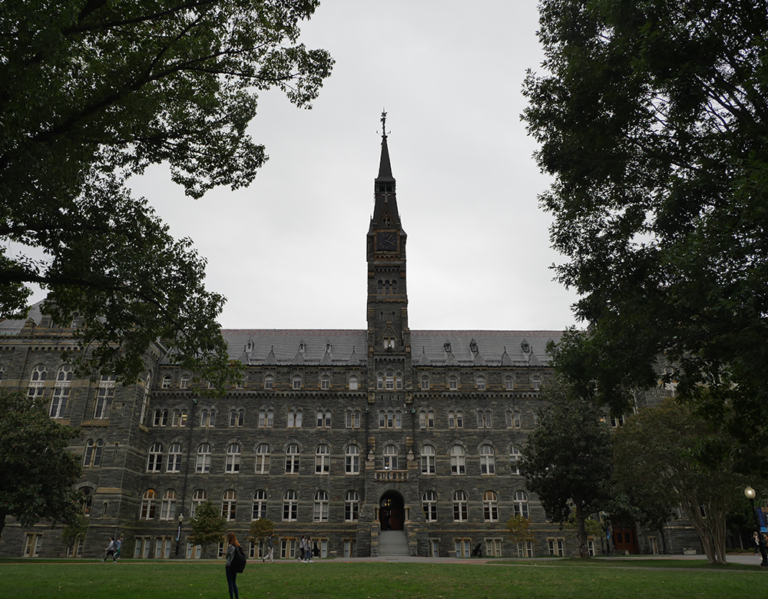
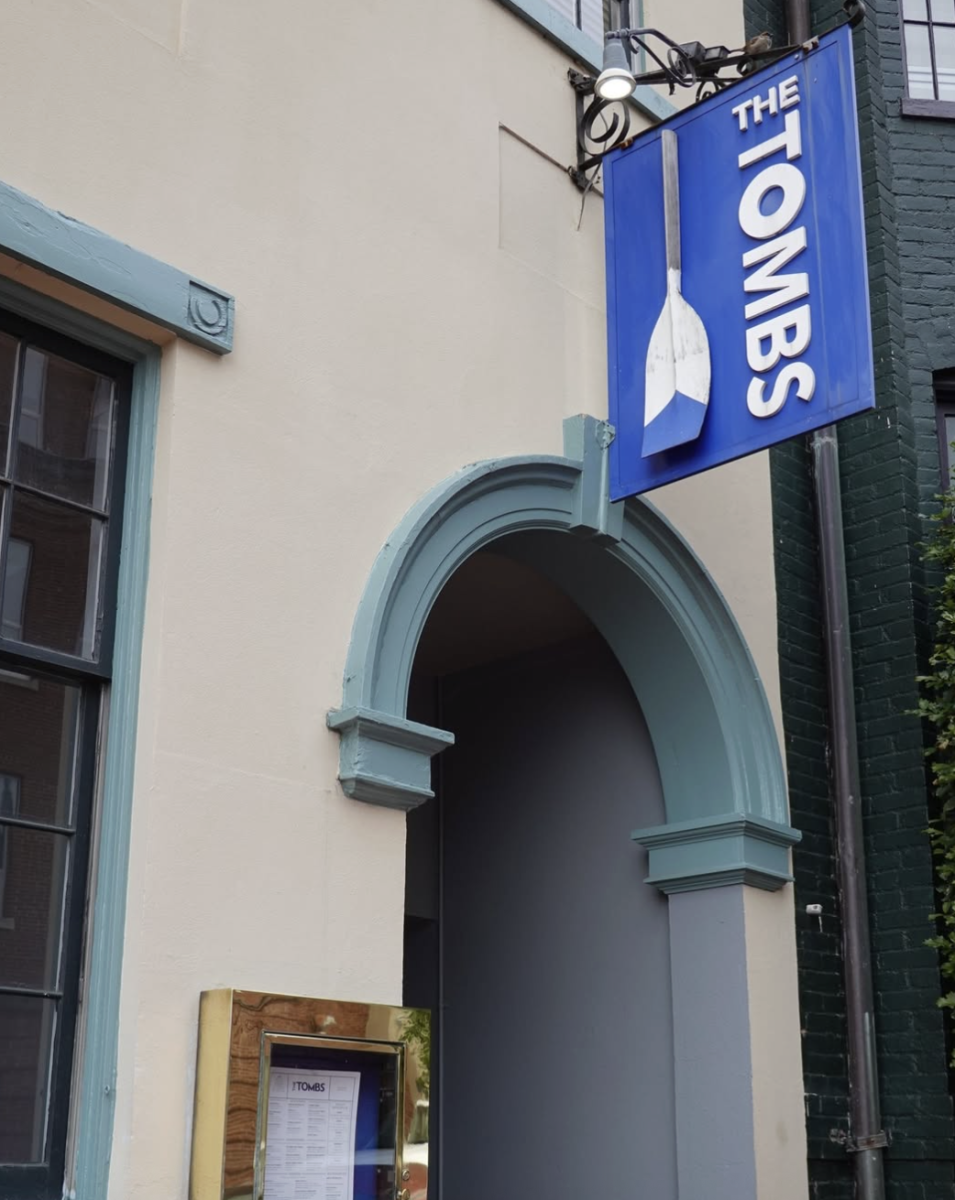
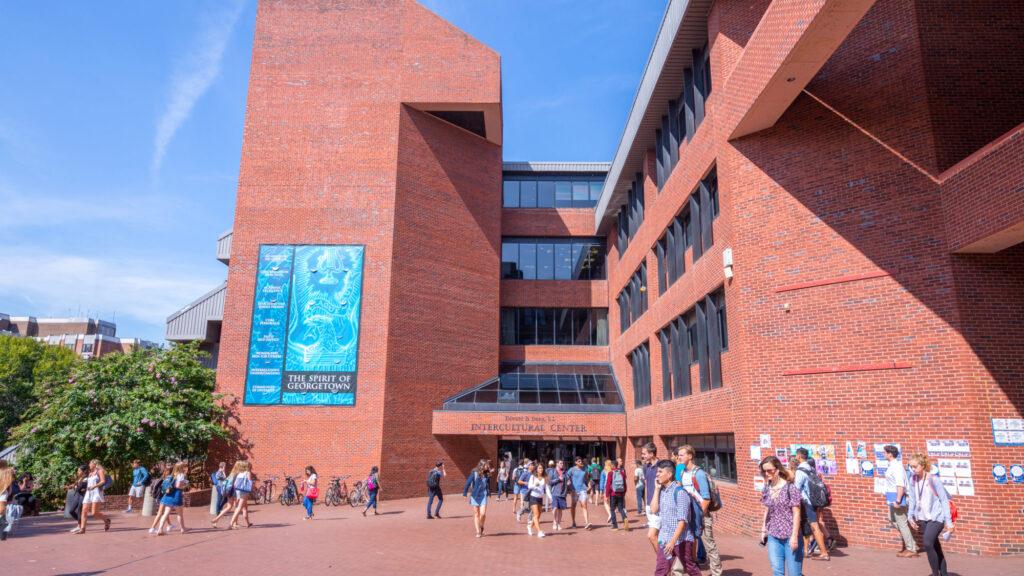








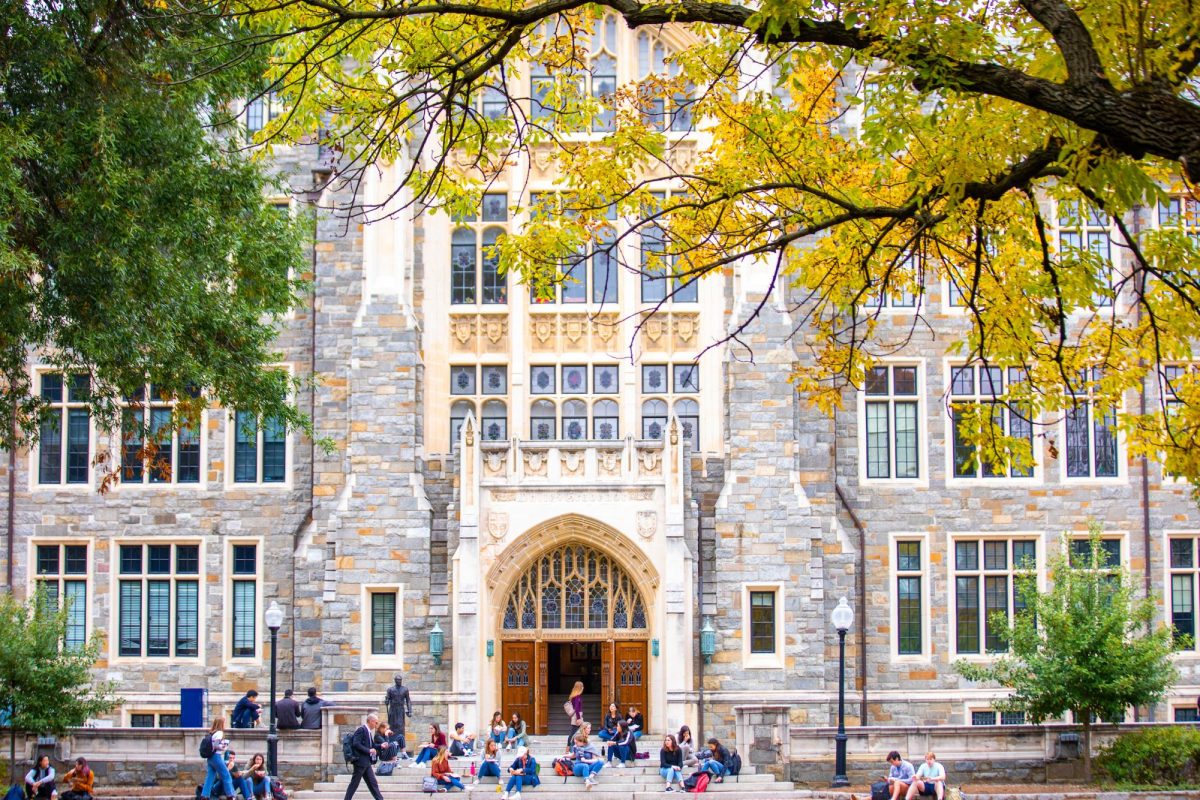
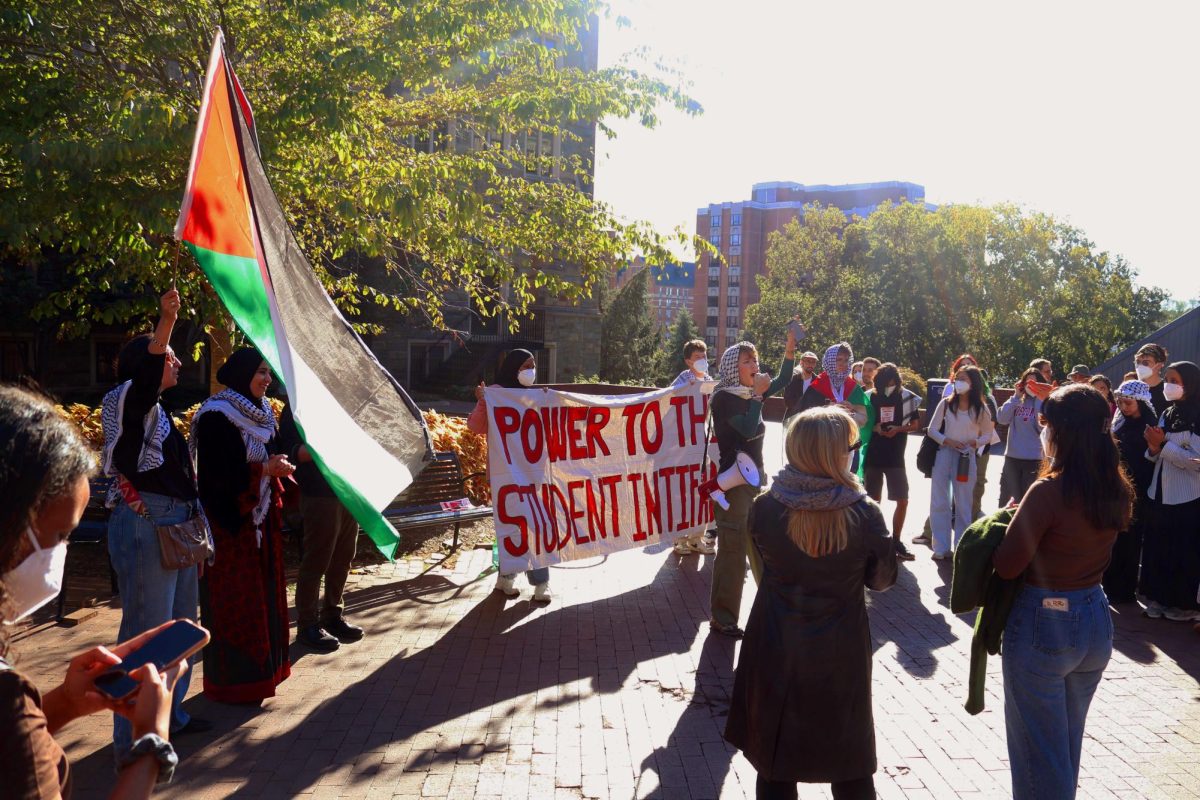
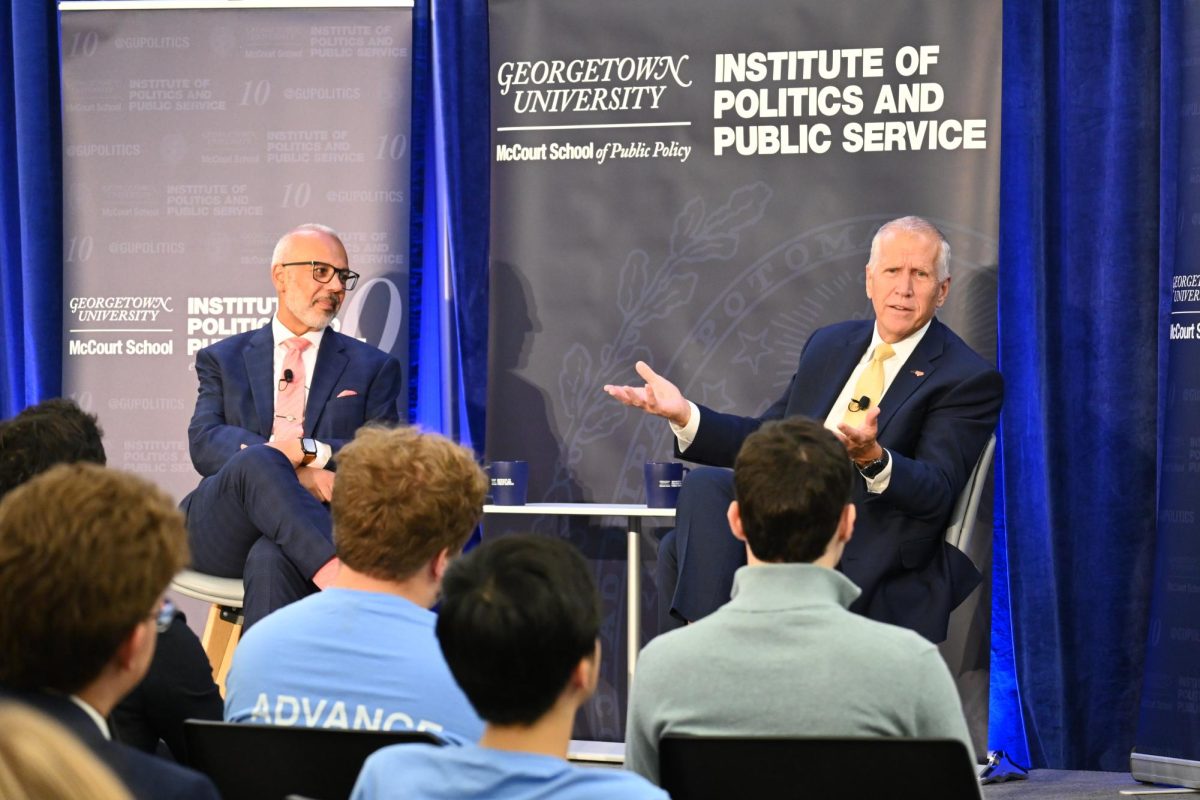
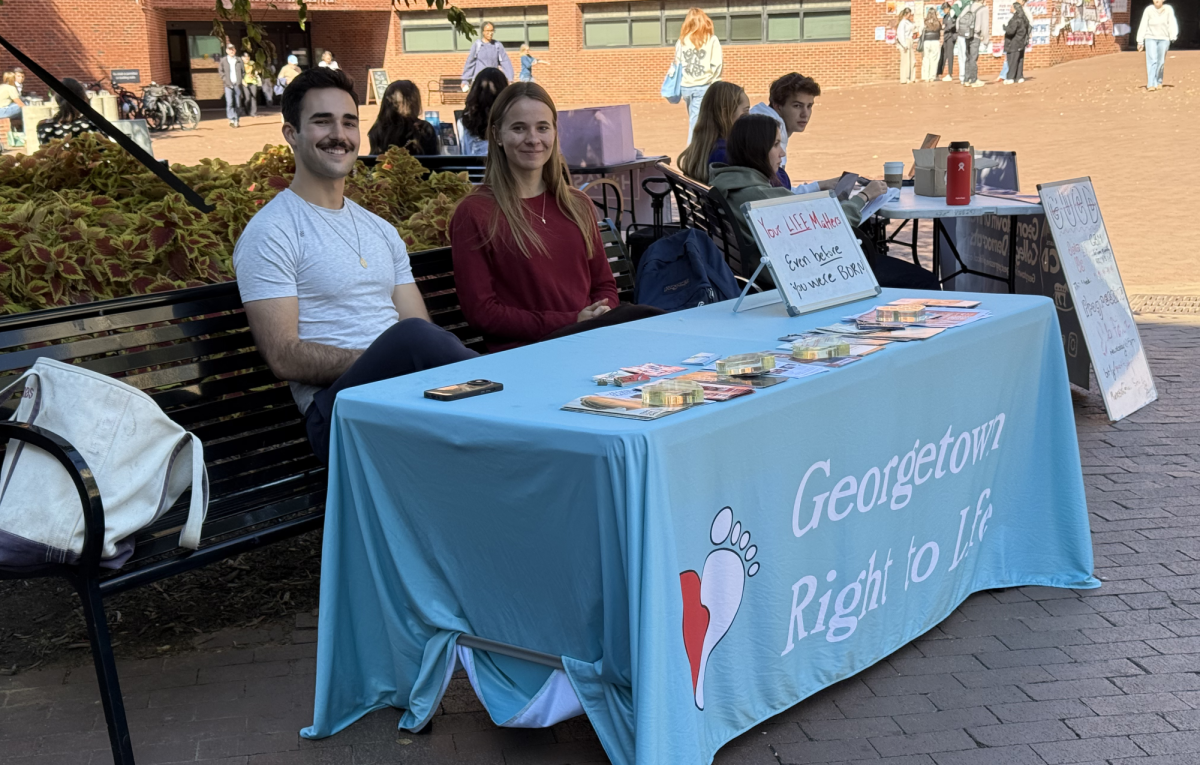
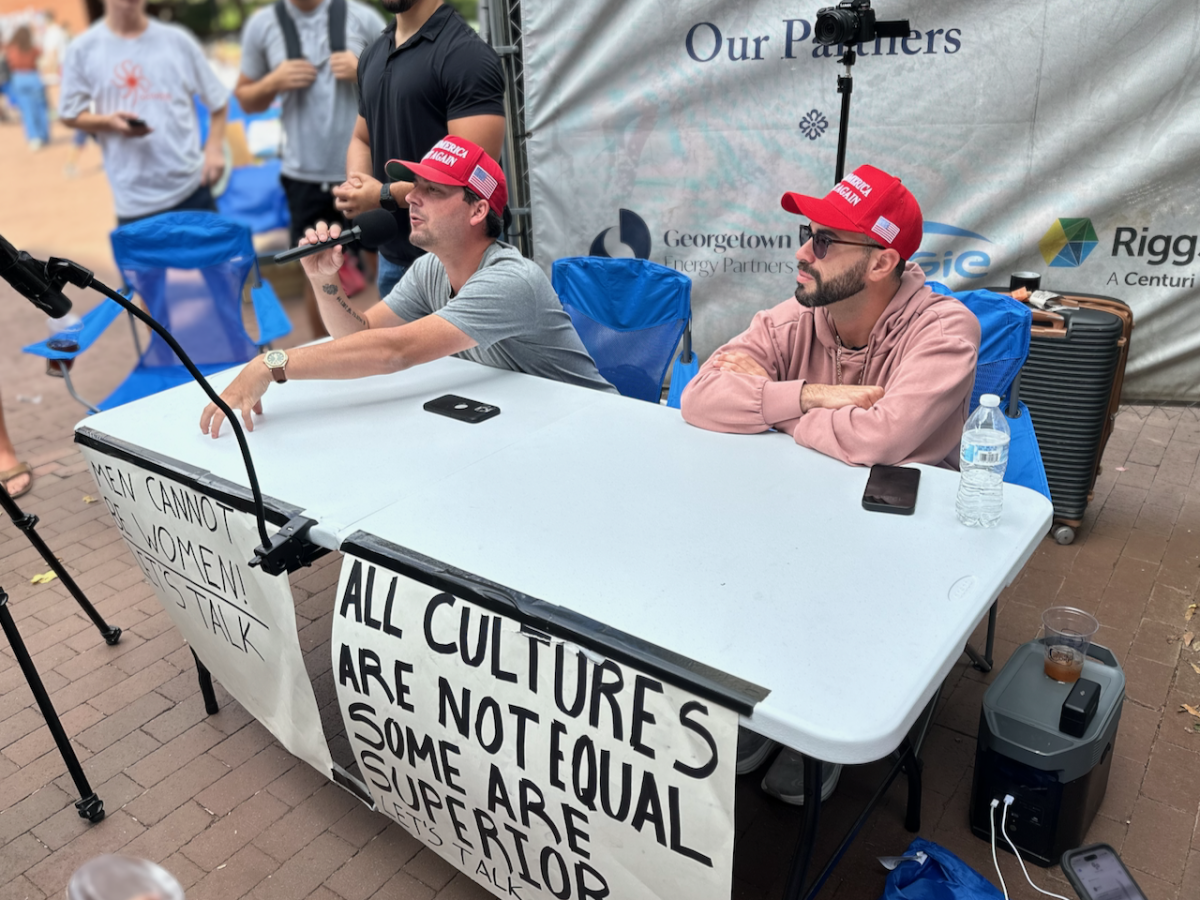
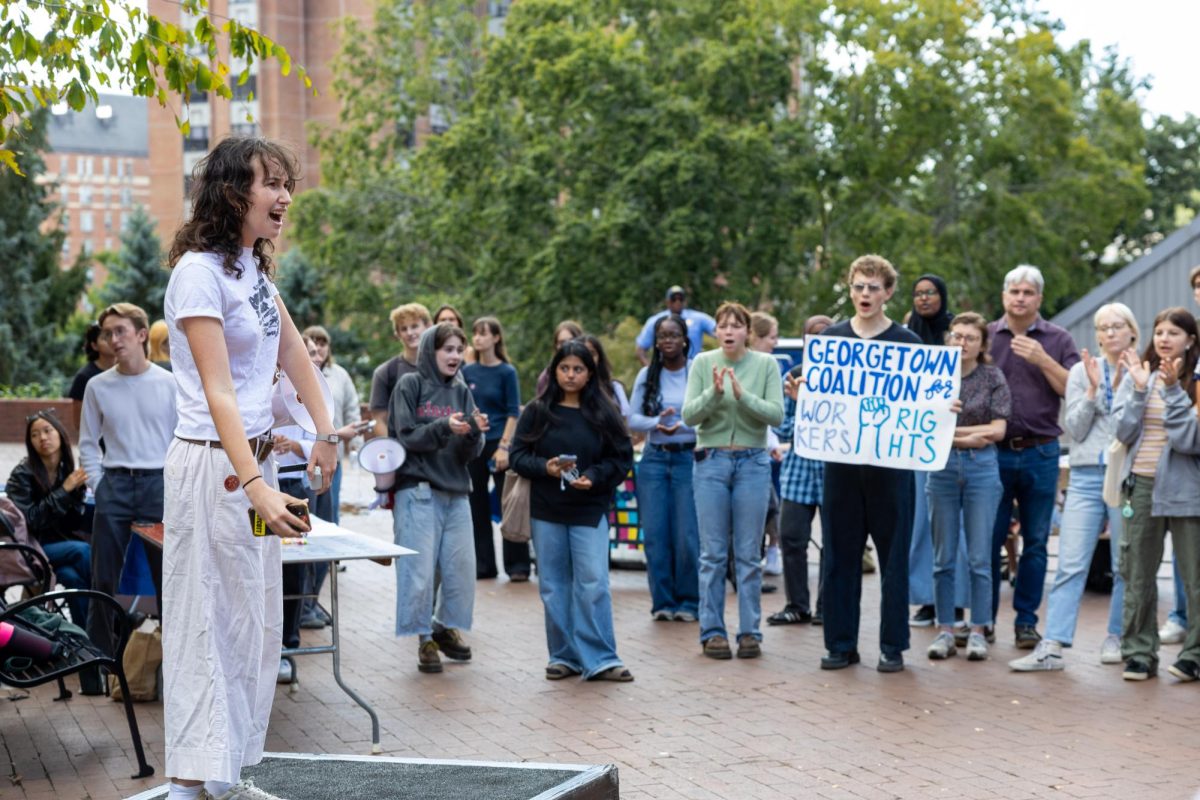

TK • Mar 2, 2025 at 8:14 am
Welcome to the real world. These things happen all the time in the private sector why should it be different for the government.